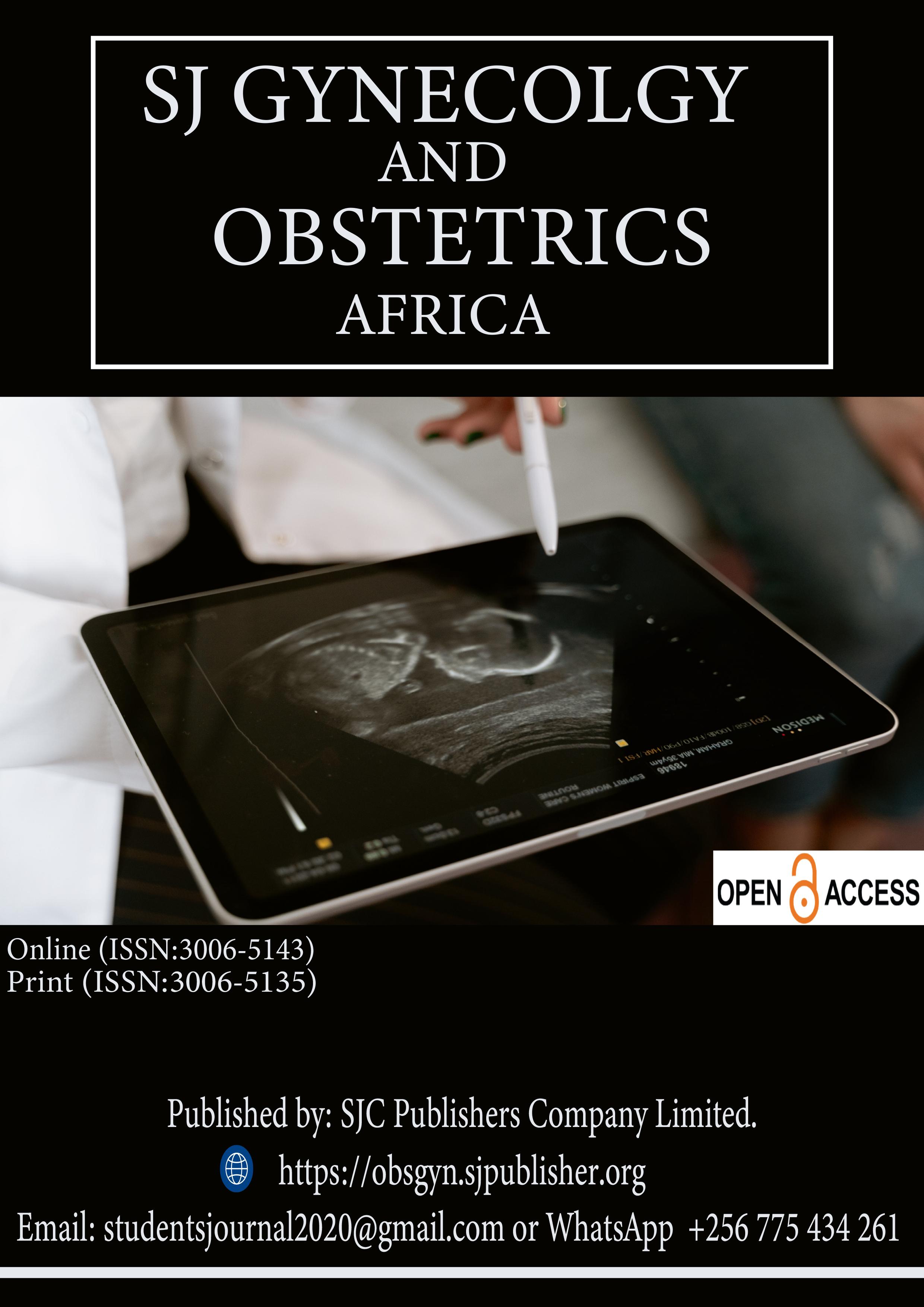KNOWLEDGE, ATTITUDE AND PRACTICES TOWARDS THE USE OF INSECTICIDE-TREATED MOSQUITO NETS AMONG PREGNANT WOMEN AT KASANGATI HEALTH CENTRE IV, WAKISO DISTRICT. A CROSS-SECTIONAL STUDY.
DOI:
https://doi.org/10.51168/f92r5z38Keywords:
Knowledge, Attitude, Practices, Insecticide Treated Mosquito Nets, Pregnant Women, Kasangati Health Centre IVAbstract
The purpose of the study
To assess the knowledge, attitude and practices towards use of insecticide treated mosquito nets among pregnant women aged 18-45 years at Kasangati health centre IV, Wakiso district.
Methodology
The study employed a descriptive cross-sectional design with simple random technique as the sampling technique. Data was collected using a semi-structured questionnaire written in English language from 50 respondents; later analyzed manually by use of tally sheets, entered in Microsoft excel computer program and presented in frequency tables, and figures.
Results
All respondents had ever heard about insect treated mosquito nets, (54%) obtained information about insecticide treated mosquito nets from health facilities, (80%) knew that ITNs prevents malaria among pregnant women. Almost all respondents (90%) perceived insecticide treated mosquito nets as very important to pregnant women, (92%) agreed that it was necessary for every pregnant woman to sleep under ITNs. (40%) of respondents had attended three ANC visits, (98%) had a treated mosquito net, (70%) always use the mosquito nets, (66%) reported that they use ITNs to prevent themselves from malaria infection, (54%) reported that they maintain their mosquito nets at home by folding them every morning to prevent holes and (50%) always take IPTp.
Conclusion
The knowledge and attitude were genuinely inspiring but for reasonable bridging of the in-depth research gap practices slightly could be improved on since the researcher noticed un fully uptake of IPTp due to low ANC attendance.
Recommendation
There’s need for Kasangati heath centre IV administration to sustain continuous education programs during antenatal care services on the importance of ITNs more so with malaria control and preventing the risk of anemia, low birth weight and death in order to achieve equitable practices towards use of ITNs.
Downloads
Published
Issue
Section
License
Copyright (c) 2024 RACHEL KANYESIGYE , Amiri Were (Author)

This work is licensed under a Creative Commons Attribution-NonCommercial-NoDerivatives 4.0 International License.




